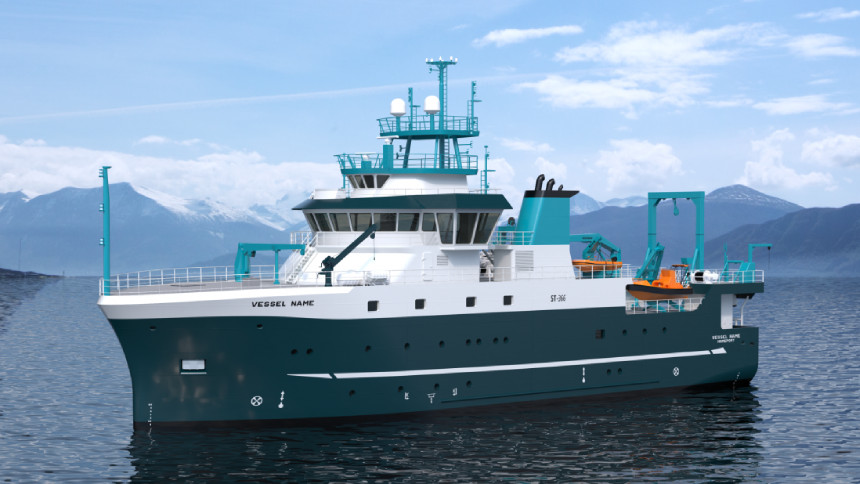The fifth of the eight long-term ambitions on water aims to bridge the gap between research and operational hydrology applications, and improve the understanding of Earth system science and how the hydrological system responds to extreme conditions, as outlined in the WMO Vision and Strategy on Hydrology. To achieve this, scientific knowledge must be strengthened to support operational hydrological predictions and modeling as part of an integrated Earth systems approach. This means that the development of operational services must consider the state of knowledge of water resources and current and future pressures on them. On the other hand, fundamental research should be tailored to user needs, adopting an applied research approach.
The Global Energy and Water Exchanges (GEWEX) project is part of the World Climate Research Programme (WCRP) and is focused on understanding Earth’s water cycle and energy fluxes both below and at the surface and in the atmosphere. It plays a crucial role in observing and modeling the hydrological cycle and energy fluxes. The project aims to provide a better understanding of how these processes are interconnected, which is essential for predicting future changes in climate patterns.
In addition to GEWEX, another initiative that focuses on studying hydrology is InPHRA, a program being established by the World Weather Research Programme (WWRP). InPHRA aims to further study hydrology by integrating various aspects such as land use change, atmospheric circulation patterns, ocean currents, ice cover variations, snow cover variations, soil moisture variations, river flow variations, groundwater storage variations, evapotranspiration variability, precipitation variability etc., in order to enhance our understanding of these systems. By combining different sources of data with cutting-edge modeling techniques, InPHRA hopes to provide more accurate predictions about future weather patterns and help decision-makers better manage water resources.



